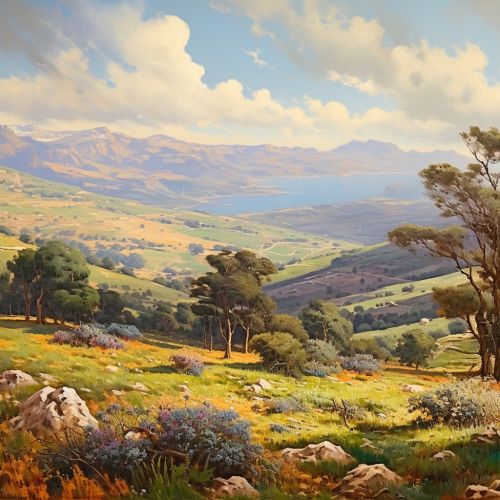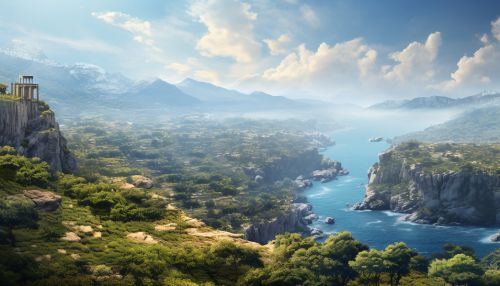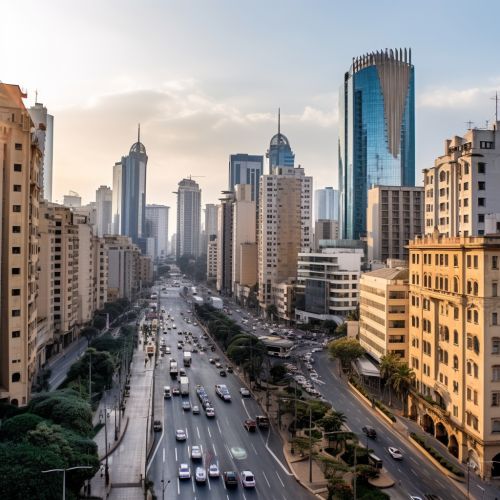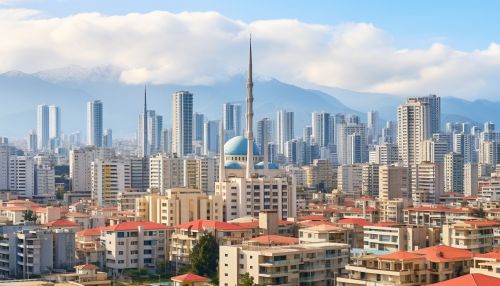Lebanon
Geography
Lebanon is a country located in the Middle East, specifically on the eastern shore of the Mediterranean Sea. It is bordered by Syria to the north and east and Israel to the south, while Cyprus is west across the sea. Lebanon's location at the crossroads of the Mediterranean Basin and the Arabian hinterland has contributed to its rich history and shaped a cultural identity of religious and ethnic diversity.


History
Lebanon has a history that spans over 7,000 years, with the country being home to some of the oldest continuously inhabited cities in the world. The history of Lebanon can be traced back to the Canaanites, an ancient Semitic-speaking people who established a culture in Lebanon in the 3rd millennium BC. This was followed by the Phoenicians, a maritime culture that flourished for almost 1,200 years (c. 1550–539 BC).
The country was later incorporated into the Roman Empire and, after the fall of the empire, it was incorporated into the Byzantine Empire. Lebanon was conquered by the Ottoman Empire in the 16th century and remained under Ottoman rule for over 400 years, until 1918 when it became a part of the French Mandate of Syria following World War I. Lebanon gained independence in 1943, establishing a unique political system – confessionalism – a sort of consociationalism, where power is evenly distributed among different sects.
Demographics
Lebanon is a religiously diverse country, with the main religion being Islam followed by Christianity. The country is known for its unique demographic structure where no single sect dominates the population, leading to a multi-cultural society where different communities live side by side. The official language of Lebanon is Arabic, but French, English, and Armenian are also widely spoken.
Economy
Lebanon has a mixed economic system that includes a high level of private freedom, combined with centralized economic planning and government regulation. Lebanon is a member of the United Nations, the Arab League, and the Organisation of Islamic Cooperation, among others. The country has a highly educated workforce and its economy is service-oriented, with the main sectors being banking and tourism.


Culture
Lebanon has a rich cultural history with influences from many civilizations over thousands of years, including the Phoenicians, Romans, and Ottomans. This has resulted in a diverse and vibrant culture, with a strong focus on literature, music, art, and cuisine. Lebanese cuisine is known worldwide for its particular flavors and ingredients, with dishes like hummus, tabbouleh, and baklava being internationally renowned.
